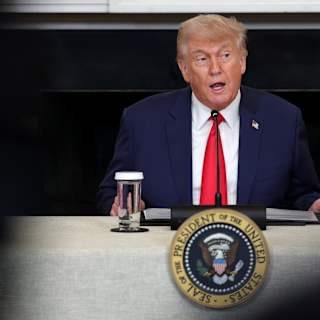- Rush to Market Before Deadline
- Industry Tensions and Market Impact
- Policy Reversal Context
President Donald Trump signed sweeping budget legislation on July 4 that terminates the federal $7,500 tax credit for electric vehicle purchases, effective September 30, giving consumers less than three months to claim the incentive before it expires.
The "One Big Beautiful Bill," which passed the House by a narrow 217-214 vote on July 3, also eliminates the $4,000 tax credit for used EVs and the $7,500 commercial vehicle credit, marking an abrupt end to subsidies that have supported electric vehicle adoption since 2008.

The approaching deadline is already reshaping consumer behavior and dealer strategies. Barclays analyst Dan Levy predicts a "pre-buy" rush as consumers accelerate planned purchases to secure the credit before September 301. However, Levy warns of a subsequent sales drop, noting the bill "reiterates the slowdown ahead for EV penetration in the U.S."1
According to Reuters, the legislation will raise effective vehicle costs by thousands of dollars2. A $40,000 Tesla Model 3, for example, would effectively cost $47,500 without the credit, potentially deterring budget-conscious buyers1.
The bill also immediately terminates zero emission vehicle credit sales, which had been a key revenue source for Tesla3. Additional provisions end the Alternative Fuel Vehicle Refueling Property Credit for charging infrastructure on June 30, 20264.
The policy shift has created unusual dynamics within the EV industry. Tesla CEO Elon Musk, who previously supported ending subsidies, recently called the broader budget bill a "disgusting abomination" for its impact on the national deficit1. Trump responded by suggesting Musk's criticism stems from provisions that "took the EV mandate," telling reporters in the Oval Office that "Elon knew this from the beginning"1.
A Harvard analysis estimates that eliminating EV tax credits would reduce the electric vehicle share of new car sales in 2030 by 6 percentage points, from a projected 48% to 42%2. The Congressional Budget Office projects the broader budget package will add $3.3 trillion to the national debt over 10 years3.
The legislation represents a sharp reversal from Biden-era policies that expanded EV incentives under the 2022 Inflation Reduction Act. That law had removed manufacturer caps and extended credits to leased vehicles, spurring market growth1.
The current tax credit system, which provides up to $7,500 for new EVs and $4,000 for used vehicles under $25,000, has been a fixture of the automotive landscape for over a decade2. The abrupt September 30 cutoff creates a compressed timeline that industry observers say will test both consumer demand and dealer capacity in the coming months.



